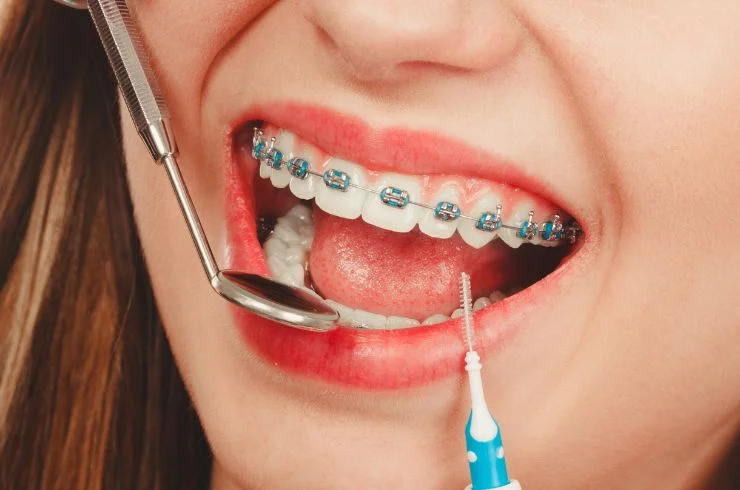
What are Braces?
Braces are a traditional and effective orthodontic treatment used to straighten teeth, correct bite issues, and improve overall dental alignment. They consist of metal or ceramic brackets that are attached to the teeth and connected by wires and elastic bands. The wires are gradually tightened to apply gentle pressure, moving the teeth into the desired position over time.
Types of Braces
There are several types of braces available to suit different needs and preferences:
How Do Braces Work?
Braces work by applying continuous, gentle pressure to the teeth over a period of time. This pressure gradually shifts the teeth into proper alignment. During the initial consultation, the orthodontist will assess the patient’s teeth and create a customized treatment plan. Brackets are then attached to the teeth, and wires are threaded through the brackets. Periodic adjustments are made to the wires to keep the teeth moving in the right direction.
Why Choose Braces?
Braces are a versatile and reliable option for correcting various orthodontic problems, including crowded teeth, gaps, overbites, underbites, and crossbites. They provide precise control over tooth movement, making them effective even in complex cases that require significant adjustments.
Who Should Consider Braces?
Braces are suitable for children, teenagers, and adults who need orthodontic correction. While many start treatment in their early teens, adults can also benefit from braces to achieve a straighter, healthier smile. A consultation with an orthodontist can help determine the best type of braces for each individual case.
Benefits
Maintenance and Care
Proper care is essential while wearing braces. Regular brushing, flossing, and dental check-ups help maintain good oral hygiene. Patients are advised to avoid certain sticky or hard foods that could damage the brackets or wires. Orthodontists may also recommend special cleaning tools, like interdental brushes, to clean around the braces effectively.